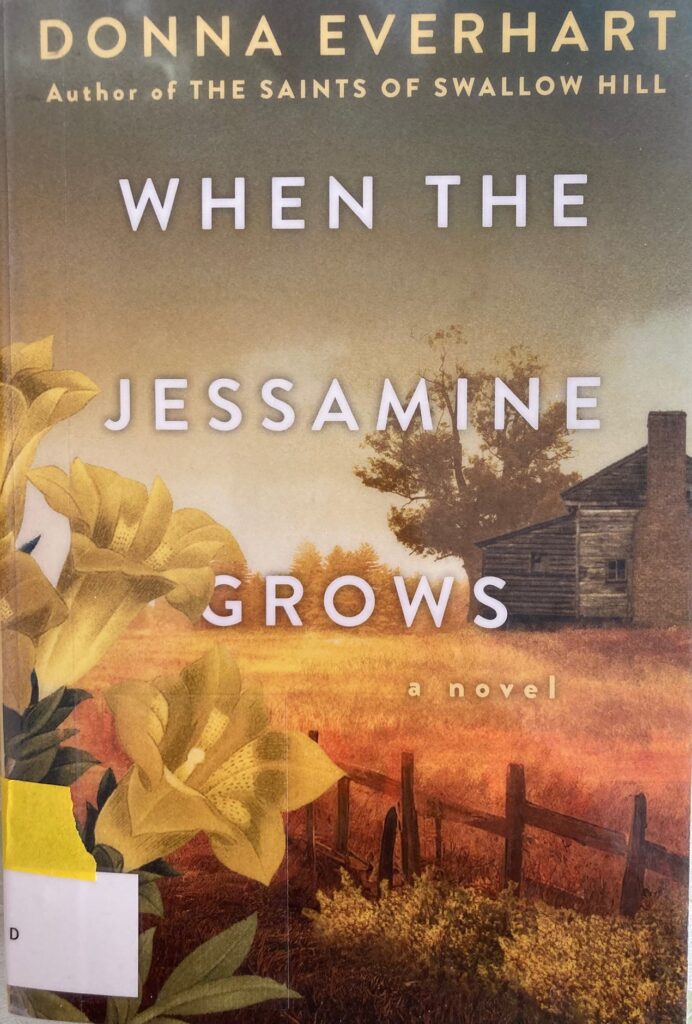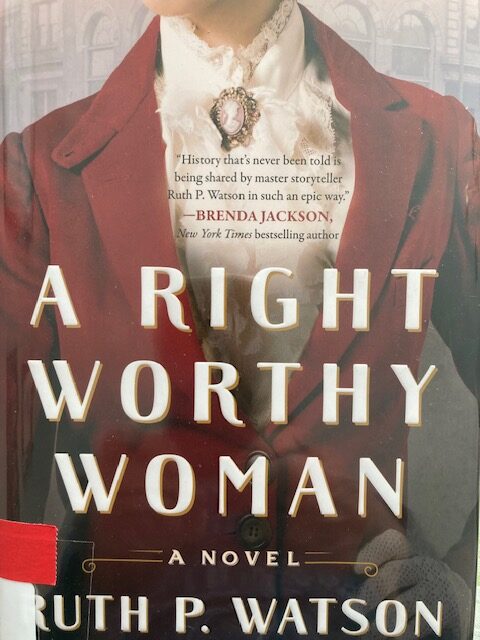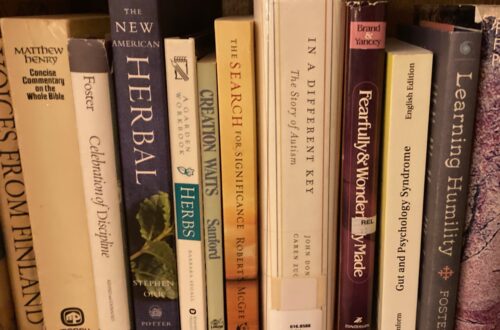Donna Everhart has written a novel about the Civil War with a unique perspective. When the Jessamine Grows is set in North Carolina (1860s), in an area where there were subsistence farmers. They didn’t own slaves.
North Carolina was drawn into the war, expecting residents to support secession. What would it be like for a woman that refused to support the Civil War? What would it be like to remain constant to a personal conviction?
The main character, Joetta, suffers for her stand. Some chapters were tough reading. Personal convictions can be costly, but worth it.
Another novel is set in Virginia after the Civil War. Ruth Watson has researched the life story of Maggie Lena Walker. She tells her story in A Right Worthy Woman. Watson shows the reader what it was like for a girl to grow up in a Black community following the Civil War.
Maggie’s mother had been a servant in the household of a woman who secretly supported the Union while living in Virginia throughout the war. After the war Maggie’s mother married but Maggie was still a a young girl when her mother was widowed.
Maggie and her mother survived by providing laundry service to wealthy families. As a girl Maggie was helping her mother scrub laundry.
With persistence and determination Maggie became a teacher with a passion to help her people living in Jackson Ward, a district in Richmond Virginia.
After she married, she set a goal to help the Black community become independently successful. Through her efforts a bank that served the Black community opened in Jackson Ward. She became the bank president–the first woman to become a bank president.
The book provides insight into the difficulties Black people encountered following the Civil War. There were scenes that showed the tragedy of racism. The book gave me new insights, a better understanding of the challenges that Black people have faced.







